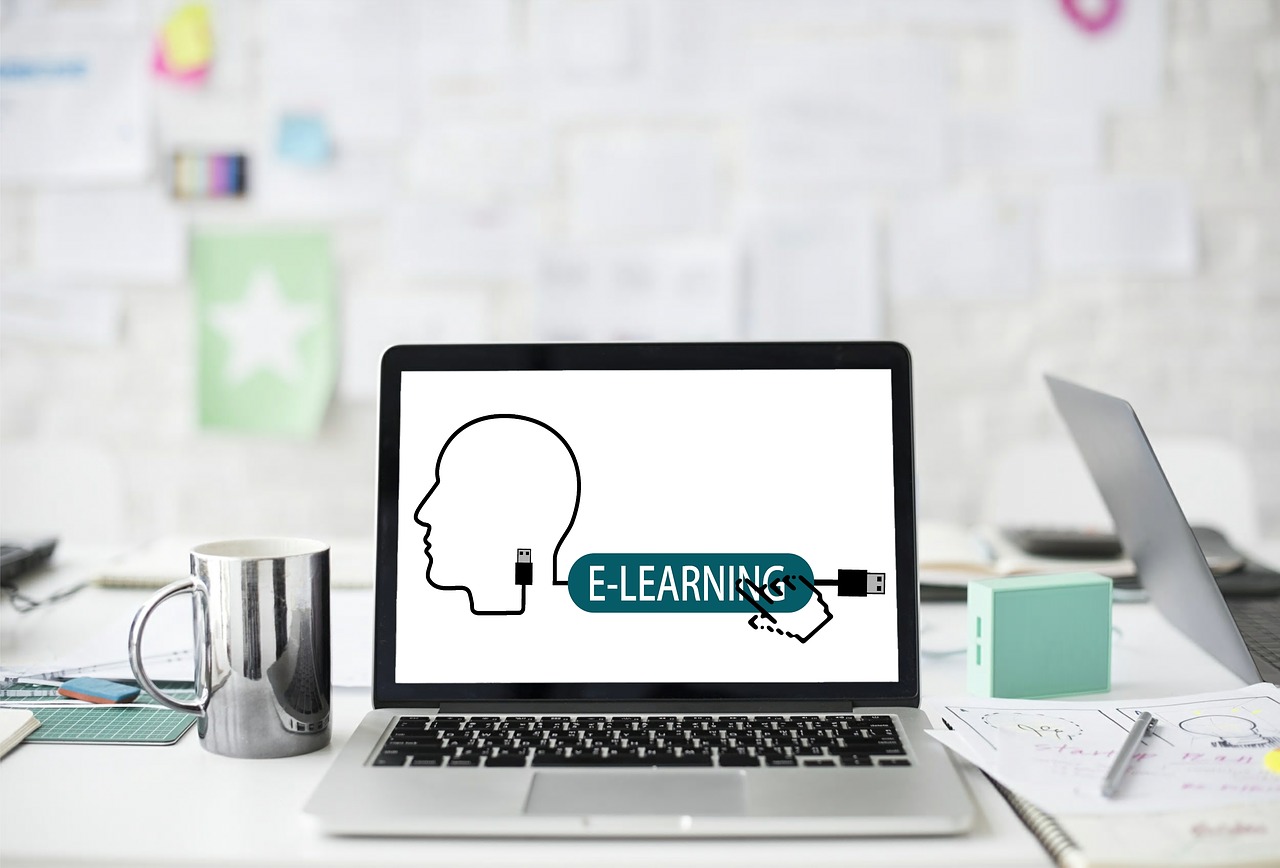In recent years, online learning platforms have revolutionized the educational landscape, making education more accessible, flexible, and inclusive than ever before. These platforms have emerged as powerful tools that transcend geographical boundaries, economic constraints, and traditional educational barriers, thereby expanding educational opportunities for millions of learners worldwide.
Accessibility and Convenience
One of the most significant advantages of online learning platforms is their ability to provide education to individuals regardless of their location. Traditional educational institutions often require physical attendance, which can be a significant hurdle for those living in remote or underserved areas. Online platforms, on the other hand, allow learners to access high-quality educational content from anywhere with an internet connection. This convenience means that students in rural areas or developing countries can now access resources and instruction that were previously out of reach.

Flexibility and Personalization
Discovering Mindvalley’s courses Online learning platforms offer a level of flexibility that traditional classrooms often cannot. Learners can choose when and where to study, allowing them to balance education with other responsibilities such as work or family commitments. This flexibility is particularly beneficial for adult learners and working professionals seeking to upskill or change careers. Additionally, many platforms use adaptive learning technologies to personalize the educational experience, tailoring content and pace to meet individual needs and learning styles. This personalization helps students stay engaged and progress more effectively.
Diverse Learning Opportunities
Online platforms provide access to a vast array of courses and programs that might not be available locally. From academic subjects to vocational training, online learning covers a broad spectrum of fields and interests. This diversity allows learners to explore new areas of knowledge, gain specialized skills, and pursue interests that may not have been available through traditional educational channels. For instance, someone interested in niche fields like data science or digital marketing can find specialized courses and certifications online that cater specifically to these areas.
Cost-Effectiveness
The cost of education can be a significant barrier for many individuals. Traditional education often involves high tuition fees, additional costs for textbooks, and other expenses. Online learning platforms frequently offer more affordable options, with many providing free courses or lower-cost alternatives. Additionally, the elimination of commuting and other associated costs makes online education a more economical choice for many learners.
Global Reach and Collaboration
Online learning platforms facilitate global interaction and collaboration. Students from different parts of the world can engage with each other, share perspectives, and work on collaborative projects. This international exposure enriches the learning experience, broadening students’ horizons and fostering a greater understanding of global issues and cultures. Moreover, the availability of courses in multiple languages makes education more inclusive and accessible to non-native English speakers.
Online learning platforms have significantly expanded educational opportunities by offering accessibility, flexibility, and a diverse range of courses. They have democratized education, making it possible for people from various backgrounds and locations to gain knowledge and skills that were previously inaccessible. As technology continues to advance, these platforms are likely to play an even more prominent role in shaping the future of education, making lifelong learning more achievable for all.
